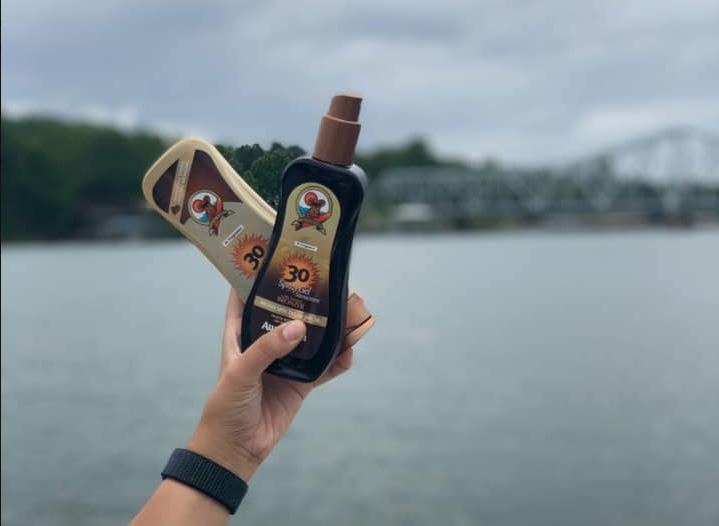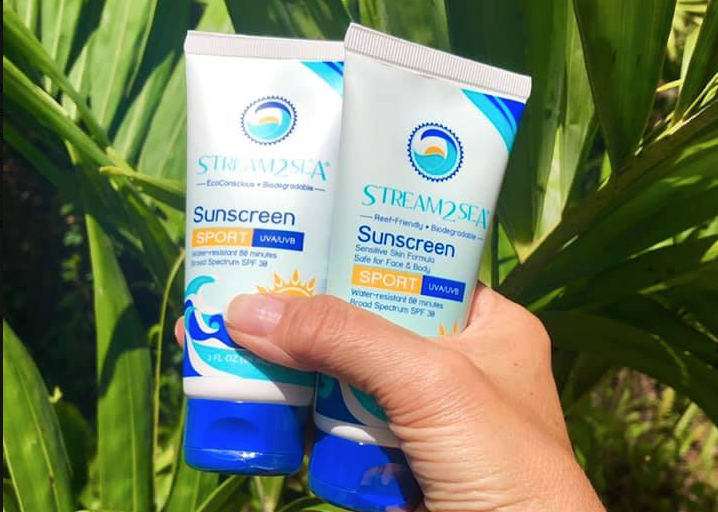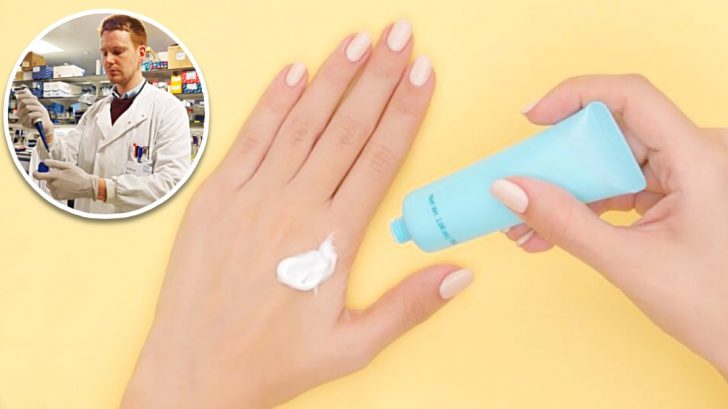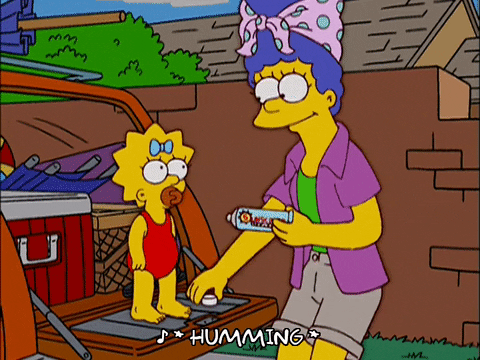The Need For Sunscreen
It’s no secret that Pinterest is an internet goldmine. With a quick search, you can find all sorts of images, recipes, DIYs, and more.
One of the DIYs I’ve come across recently is how to make DIY sunscreen. This comes as no surprise considering summer is just around the corner.
Sunscreen is an absolute necessity for sun exposure. No matter the weather, your skin tone, or where you are in the world, you should definitely incorporate a sunscreen into your skin care routine.
But is making your own sunscreen a good idea? Will it provide the sun protection you need, and is it actually good for your skin?
The Secret Recipe

Well, experts have weighed in on this DIY recipe, and they have plenty to say it about. First, let’s go over the recipe so we know why they’re saying what they’re saying.
Though there are a variety of different recipes out there, most of them have the following ingredients: coconut oil, beeswax, shea butter, and zinc oxide powder.
The zinc oxide powder is the ingredient that works as a sunscreen here. This crushed mineral a physical sunscreen, meaning it reflects the sun’s rays, protecting you from them.
According to Lara McKenzie, PhD, who led a study for Health Communication, “When you make [sunscreen] yourself, you don’t know if it’s safe or effective.”
The study states that though these DIY sunscreens may have fewer ingredients, it doesn’t necessarily mean they’re safer for you. For one, the SPF in a homemade sunscreen can vary, meaning uneven protection.
In addition to this, there’s also an issue with some of the ingredients in certain recipes. Certain DIY sunscreen recipes suggest essential oils, which can actually aid in causing sun damage.
The solution? Stick with an FDA approved sunscreen. “Homemade sunscreen products are risky because they are not regulated or tested for efficacy like commercial sunscreens,” says McKenzie.
Feel free to use your DIYs if there are no skin-harming ingredients, but just know a more regulated sunscreen is the best way to protect your skin. If you want to double up, even better!
Keep your skin safe, and happy summer!



